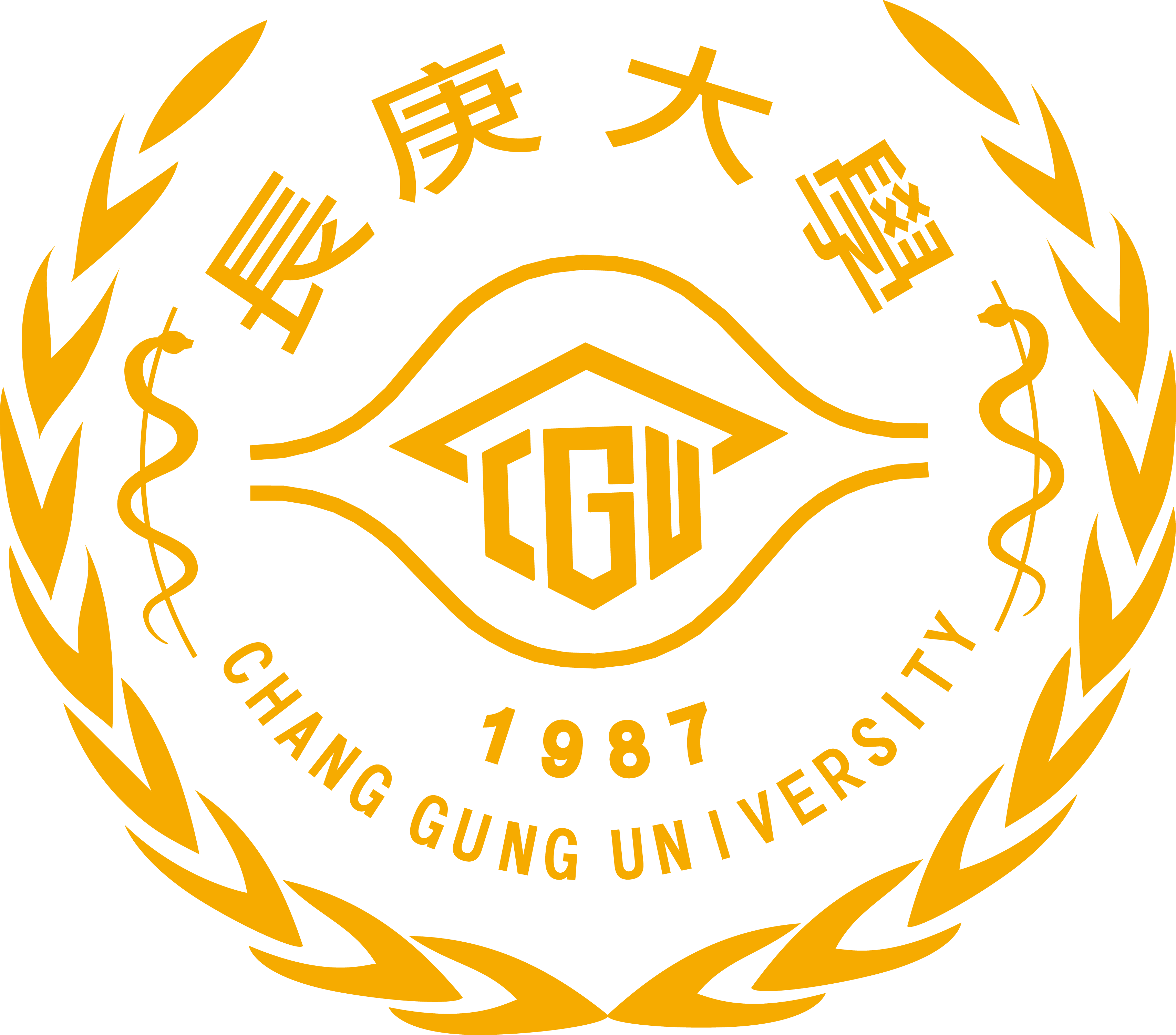Fugmann lab
Research Field
Dr. Sebastian D. Fugmann was originally trained in Germany as a chemist and then began to focus on the biological processes in the human immune system during his doctorate studies. For his postdoc training he relocated to the US where he explored the molecular details of the processes the generate antibody diversity and subsequently started his own research group at the NIA/NIH in Baltimore, MD, in 2004. It was then that he became interested in the evolution of immune systems and began to work on deciphering the immune system of sea urchins. In 2013 he was appointed as a Professor in the Department of Biomedical Sciences at Chang Gung University, Taoyuan, Taiwan and since then Dr. Fugmann expanded his comparative immunology studies to a wider range of non-model organisms.
The Fugmann lab is focused on studying the evolution of metazoan immune systems that mediate the interactions of hosts with invading microorganisms. While symbionts are welcome guests, pathogens cause disease (and in the worst case death) and are thus the target of immune responses. The most basic mechanisms of immunity are phagocytosis (the ability to eat and digest pathogens - phagocytic cells) and cytotoxicity (the ability to kill infected cells to release the pathogens they contain so that phagocytosis can eliminate them - killer cells). We are interested in understanding how the immune systems of metazoans (=animals) evolved from these two fundamental building blocks into the complex networks of diverse immune cell types and communication/effector molecules that form their common and diversified defense mechanisms.
To gain insight into the evolution of immune systems at the molecular and cellular level, we are currently using non-model organisms from two important invertebrate phyla (Cnidaria and Echinodermata). In the last few years our work centered around two important topics:
- Evolution of pro-inflammatory cytokines
Cell-cell communication is essential for efficient immune responses and is mediated by dedicated messengers named cytokines. While a large number of these secreted factors are well-characterized in vertebrates including mammals, very few proteins with such function have been identified and characterized in invertebrates. We are using sophisticated homology searches to identify candidates in invertebrate genomes and study their function using cell line models. - Evolution of innate immune cells
While mammalian innate immune cells are well characterized at the morphological and molecular level, most invertebrate immune cell classifications rely solely on coarse morphological features. We are using modern transcriptome-based approaches to establish molecular markers for these cells that will be central to subsequent purification strategies and ultimately functional studies.
1994 Predoctoral Fellowship, DFG Graduiertenkolleg fuer Biomolekulare Medizin, University of Ulm, Germany
2001 Postdoctoral Fellowship, Irvington Institute for Immunological Research, USA
Dr. Fugmann obtained his first university degree as a Dipl. Chem. after studying Chemistry with a specialization in Physical Chemistry at the University of Hamburg and the University of Constance. He then went on to the University of Ulm where he received his doctorate degree in Human Biology (Dr. hum. Biol.) in 1998 and afterwards concluded his postgraduate training as a postdoctoral fellow at Yale University in New Haven, CT, USA.
1 Vacancy
Job Description
The intern will learn to perform basic molecular biology and bioinformatics techniques.
Preferred Intern Education Level
Undergraduate/Graduate student with interest in comparative biology
Skill sets or Qualities
highly motivated to learn new techniques
interest in biology of non-model organisms
good organizational skills
